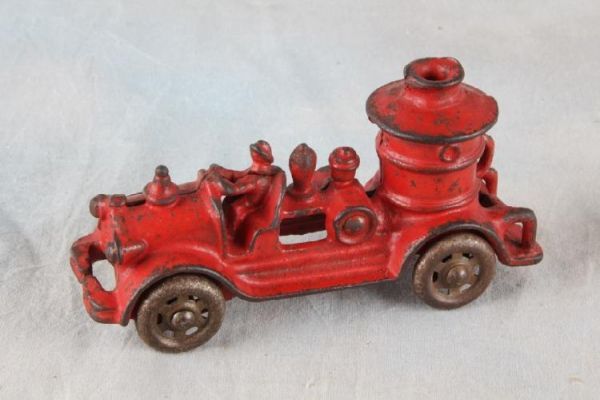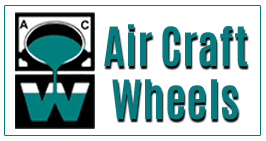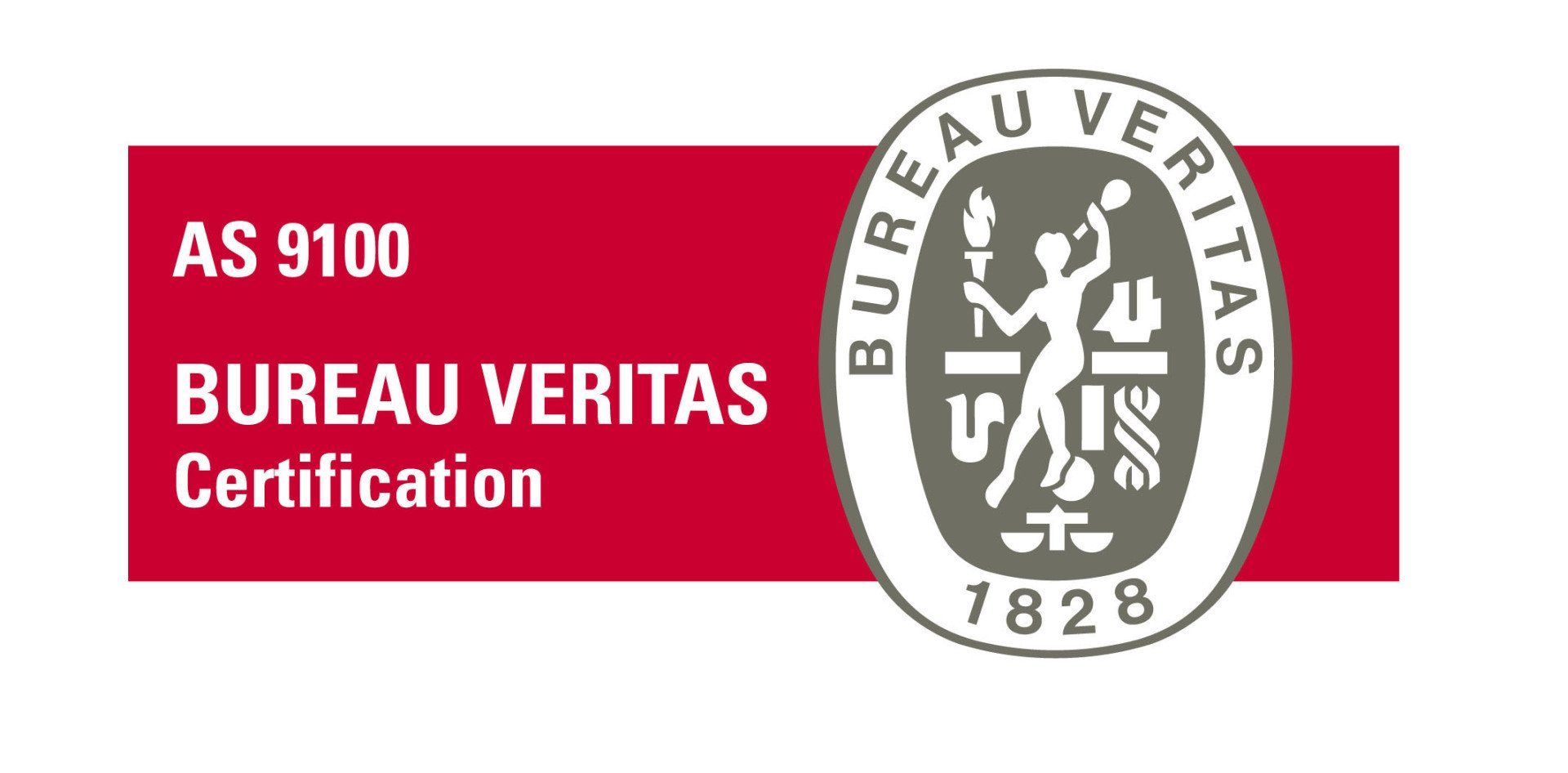Early History

The A. C. Williams Company started in business in Chagrin Falls, Ohio in 1844. It was founded by John Wesley Williams, the father of A. C. Williams. The Williams' family came to Chagrin Falls in 1840 with Reverend Benajah and his eight sons, including John W., coming from western New York state. The Williams family, represented by Robert Williams, came to this country from Norwich, England in 1693.
The original foundry building was located on an old sawmill and furnace property just above the dam on the Chagrin River. John W. Williams, using the old furnace building, not operating for several years, started with a small cupola of one-ton capacity and one molder and a few helpers. This energetic group produced chain pump reels, spouts, and plow points. Only an occasional heat or melt was run off about once or twice a week. When a wagon load of pump reels, spouts, and plow points was finished, John Williams would drive through the country trading his products for scrap iron and farm produce. Some of the farm produce was given to his few employees as pay and the balance placed with local merchants against which he would draw orders for the balance of his payroll. There was practically no money in existence and the majority of business was done in trading.
After a few years, John Williams managed to trade for a set of patterns for an elevated oven, wood burning stove called "The Empire." The foundry needed pig iron in order to produce the thin section castings for the manufacture of stoves, so John Williams mortgaged his factory to Governor Tod of Youngstown and from that time until Governor Tod's death, John Williams bought all of his pig iron from the Governor and formed a lasting friendship.
A few years later, the J. W. Williams Company started to produce old-style, short wagon boxes used on wagon axles and in the wheel hubs and also boxes for wrought iron axles and a few old-style polished flat irons. The business grew in spite of lack of money and a larger cupola was installed. A trip hammer was purchased to forge wrought iron axles and a Contract was obtained by John Williams for cannon carriages used by the Government during the Civil War. Other castings were produced for the machinery used in the Pennsylvania oil fields. At about this same time, John Williams obtained a permit to manufacture seamless wagon skeins and from that time on, skeins and bolster plates for wagons were the principal products of this Company.
During 1865, John Williams' son, Adam Clark Williams, started working at the foundry on a full-time basis and the name was soon changed to J.W. Williams & Son. In 1870, a line of pruning tools was added. At about this same time, coke came into use as the fuel for melting iron instead of wood and charcoal. The coke was hauled to Chagrin Falls by team from Bedford, Ohio and the pig iron was hauled by team from Solon, Ohio.
In 1886, Adam Clark Williams bought the business from his father and with five molders and a total of fifteen employees, he expanded the Company by adding a line of sad irons with wood handles. A narrow gauge railroad had been built by ten of the leading citizens of Chagrin Falls, A.C. Williams being one of these, and later, the railroad was sold to the Connolton Railroad Company and changed to a standard gauge; this provided a means of transportation and greatly increased the business activity in the area.
In the fall of 1889, A.C. Williams was on his way home from a business trip to Detroit and was unable to make railroad connections in Cleveland. He, therefore, remained overnight. He went to the Park Theatre and during the performance, a man came on stage and announced that if A.C. Williams was in the audience, he should call at the box office immediately. There he was told that his plant was burning and there appeared little hope of saving it. On arrival home the next morning, he found the plant completely destroyed.
A.C. Williams was undecided about the future as he had not recovered from the financial depression and was deeply in debt. Citizens of Chagrin Falls urged him to rebuild and employees offered to work on the building without pay. The railroad offered to haul all building materials and machinery from Cleveland without charge. Owners of teams offered to haul the material and machinery from the depot free of charge. With this cooperative spirit, there was no choice but to rebuild.
Mr. Williams borrowed from about a dozen friends and from the local bank and on a Sunday morning, two weeks after the fire, work started on the new building. One hundred men were working at the site without any thought of pay whatsoever. The plant was completed and production started. Business prospered and the number of employees increased. Then, on Thanksgiving night of 1892, the factory was again completely destroyed by fire. Due to lack of fire protection in Chagrin Falls, and the relatively poor shipping facilities, A.C. Williams decided to rebuild in a more favorable location.




